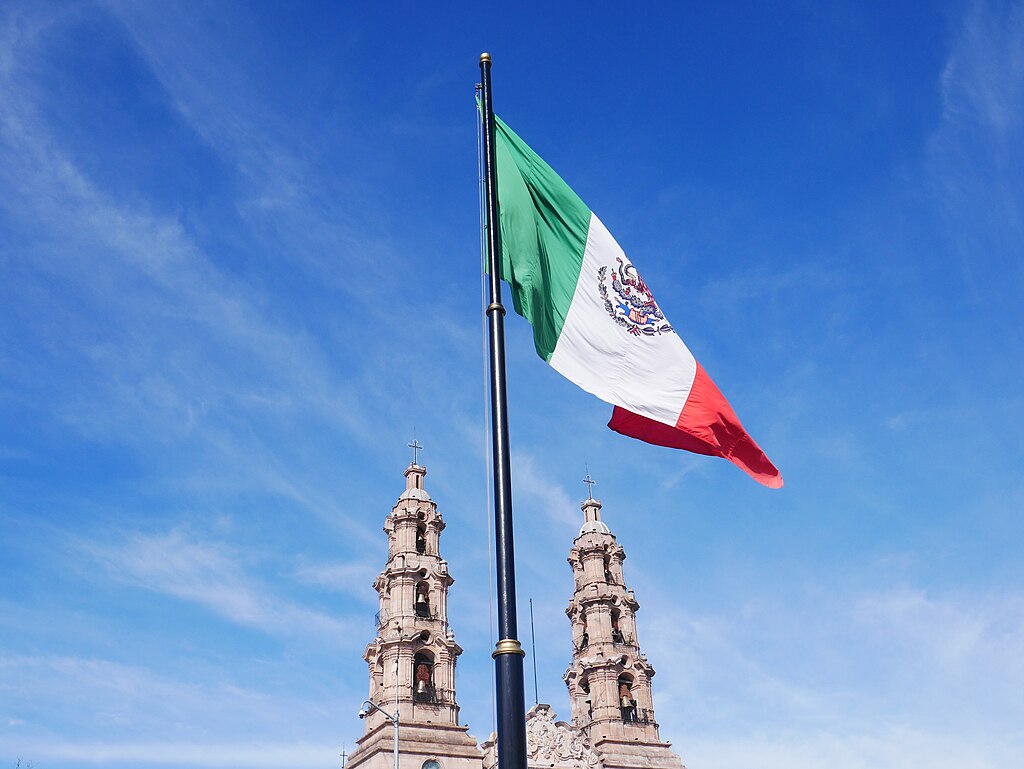New Global Dynamics: Trump, Ukraine, and Superpowers
Explore the evolving geopolitical landscape as Trump returns to power, sparking cautious optimism, strategic alliances, and potential peace talks amid global tension.
Published January 22, 2025 - 00:01am

Image recovered from phys.org
The re-election of Donald Trump as President of the United States has triggered a wave of cautious optimism across Ukraine, as revealed by a recent study conducted under the 'Identity and Borders in Flux: The Case of Ukraine' project. This research highlights the complex and multifaceted perceptions Ukrainians hold about Trump's presidency amidst ongoing geopolitical tensions, particularly regarding the conflict with Russia.
A majority of Ukrainians, particularly the younger demographic, view Trump's return as potentially beneficial, expressing hope for stronger U.S. support. However, this optimism is tempered by regional and demographic differences, with Eastern Ukrainians expressing uncertainty about the implications for their conflict-stricken region. The study underscores the delicate geopolitical balance and the critical nature of America's role in supporting Ukrainian sovereignty.
In parallel, a significant dialogue has emerged between global powers, as Chinese President Xi Jinping and Russian President Vladimir Putin held a strategic virtual meeting aimed at fostering an independent cooperative relationship. While both leaders emphasized that their alliance is unaffected by internal politics or global circumstances, the discussions indirectly reference Trump's administration, suggesting openness to dialogue with the new U.S. presidency, particularly on ending the Ukrainian war. This intersection between these global strategies creates a backdrop of complex international relations.
Putin's strategic communication with Xi Jinping highlights a shared vision of a multipolar world order, stressing mutual cooperation that transcends current global tensions. Both nations aim to stabilize global affairs, positing their alliance as a counterbalance to Western influences, a narrative amplified by Putin's congratulatory remarks to Trump on his inauguration and his expressed willingness for U.S.-Russia dialogue focused on Ukraine.
Meanwhile, Ukrainian President Volodymyr Zelenskyy braces for the complex diplomatic dance required to engage with a volatile Trump administration, underscoring the urgency for secured Western guarantees before engaging in dialogue with Russia. The vital role of Western alliances remains undiminished as Ukraine navigates its future military and diplomatic strategies under Trump's unpredictable leadership.
As the U.S. returns to Trump's leadership, these international dynamics paint a picture of potential confrontations and negotiations, where global powers must tread carefully, balancing national interests with broader geopolitical stability. Ukrainian polls reflect a preference for negotiation over conflict, yet any concessions perceived as capitulation pose significant political risks for the nation, which remains committed to defending its sovereignty at great cost.
This complex international environment underscores the interplay between diplomatic discourses, military postures, and economic strategies, framing a new chapter in international relations that demands nuanced diplomatic efforts from all involved parties. As the world observes these developments, the impetus is on dialogue and negotiation to avoid exacerbating tensions in a world already fraught with uncertainty.







